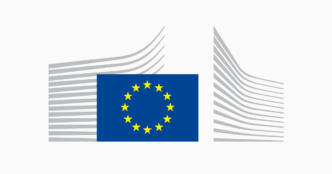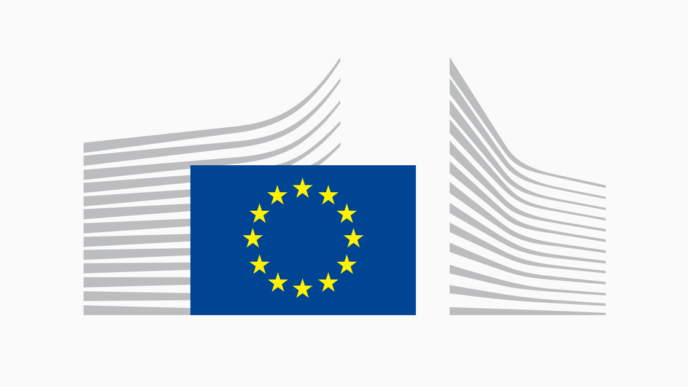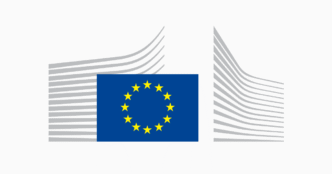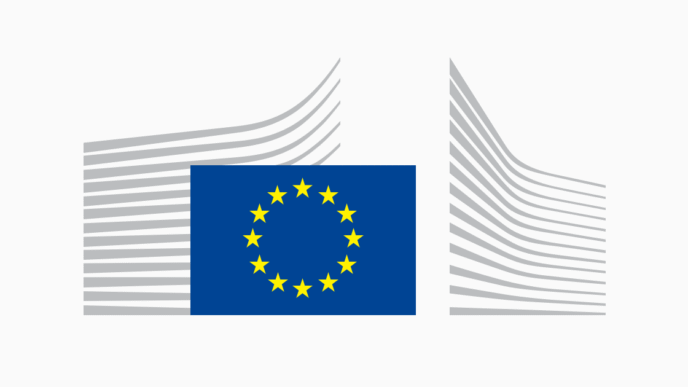Today, the European Commission published an independent study assessing the performance of the landing obligation. Five years after its full implementation, the study concludes that the landing obligation has not reached its full potential.
The landing obligation was introduced in 2015 and came fully into force in January 2019. Its goal is to eliminate wasteful discards – catches returned to sea – by encouraging fishers to fish more selectively and to avoid unwanted catches.
While the fisheries sector, national authorities and scientific institutions made significant efforts to innovate in fishing gear, technologies and practices to reduce unwanted catches, the study shows that there are some challenges in the effectiveness of the landing obligation objective of gradually eliminating discards.
The independent study highlights a number of potential limiting factors on the implementation of the landing obligation, including
- insufficient incentives for fishers to comply
- ineffective monitoring and enforcement tools
- conflicts with maintaining the economic viability of fisheries due to the loss of commercially valuable catches when increasing selectivity
- challenges in improving species and gear selectivity
The large number of available exemptions to the landing obligation made it difficult to directly trace impacts within a fleet, fishery and sea basin.
This independent study was conducted by external experts, and it was based on desk research, case studies, surveys and interviews. The study was launched in 2024, and its results will feed into the ongoing evaluation of the common fisheries policy regulation.
Next steps
The results of the study will be discussed with stakeholders, thus feeding into the evaluation of the common fisheries policy regulation.
The European Commission is organising an online event to present the study and gather feedback from stakeholders. Join us on 8 July from 14:00 to 16:30 (Brussels time).
More information
Study supporting the evaluation of the landing obligation – common fisheries policy












